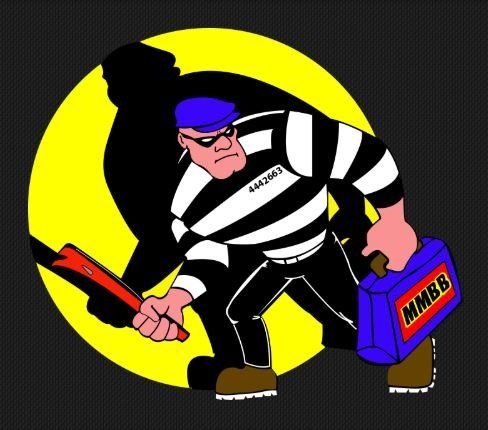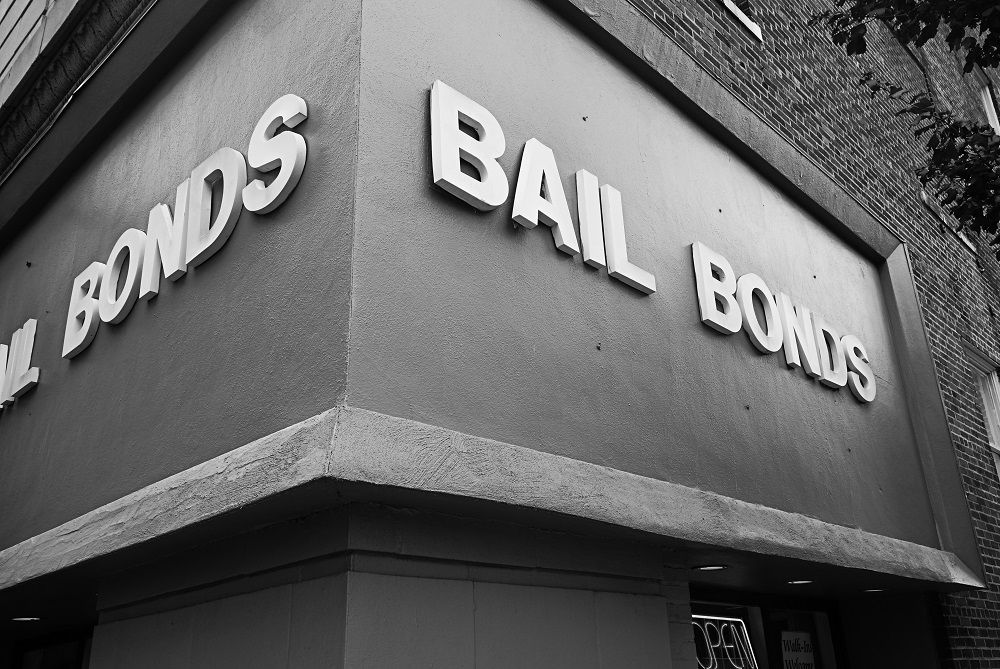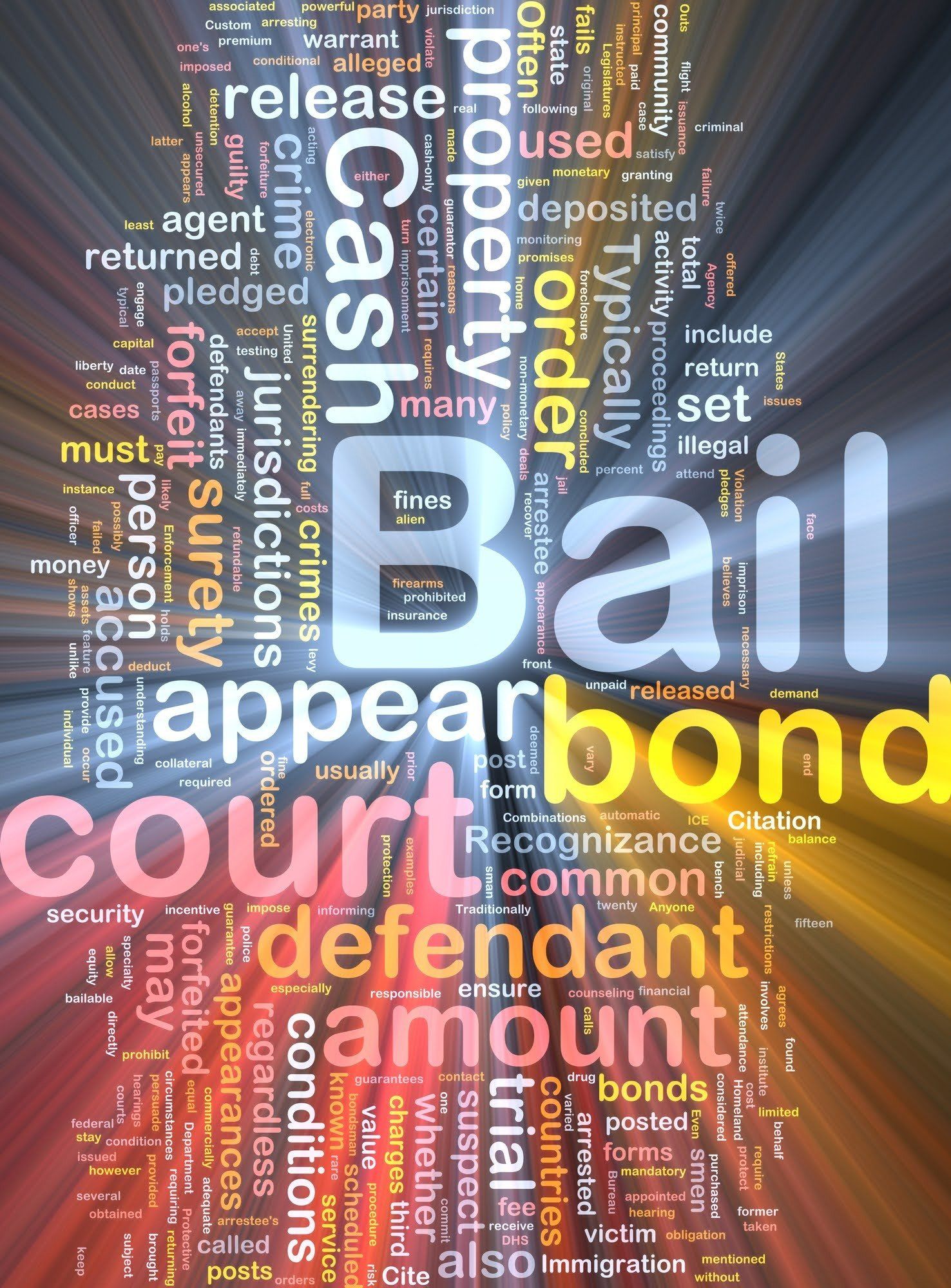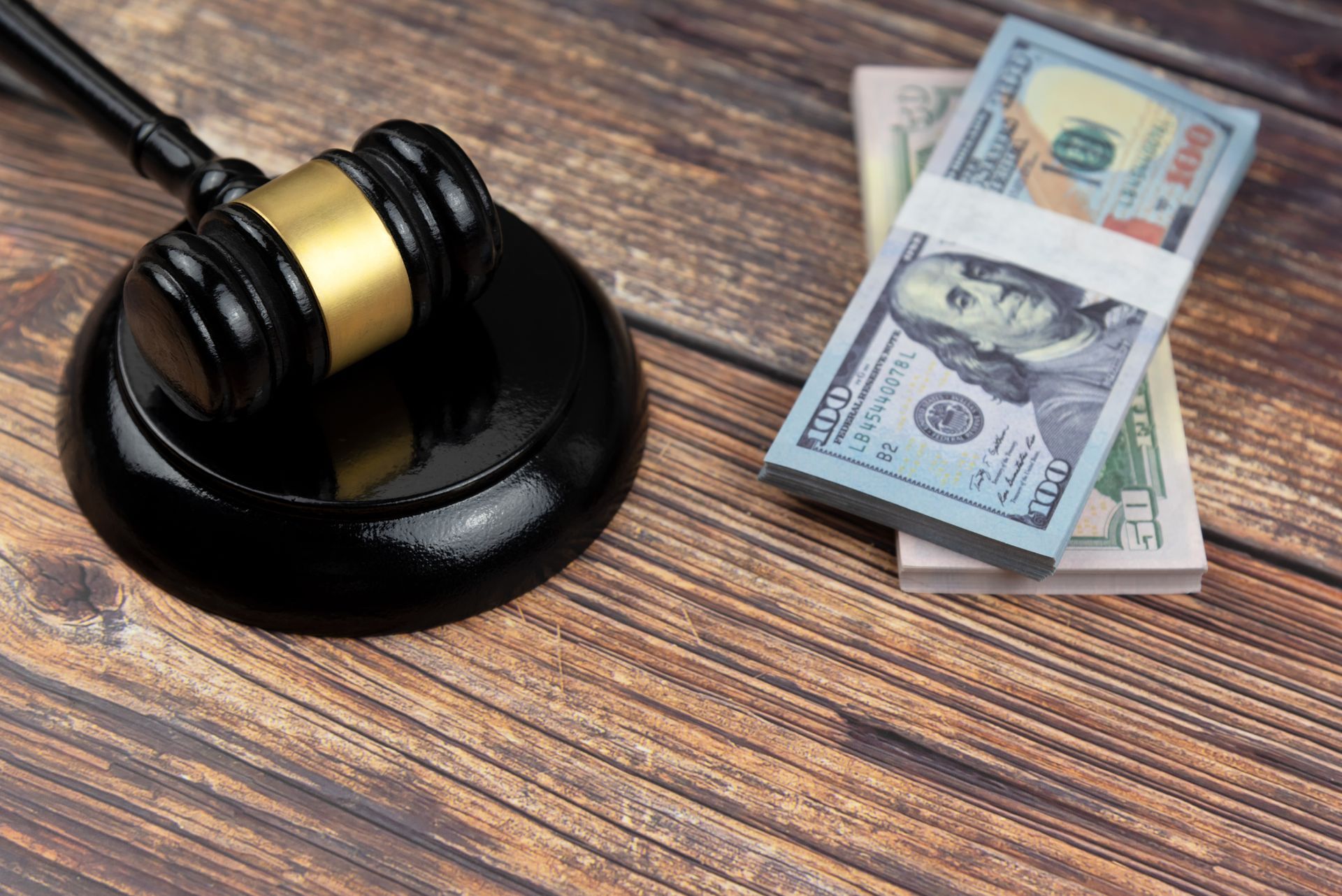4 Bail Bond Terms to Know
Admin • November 21, 2019
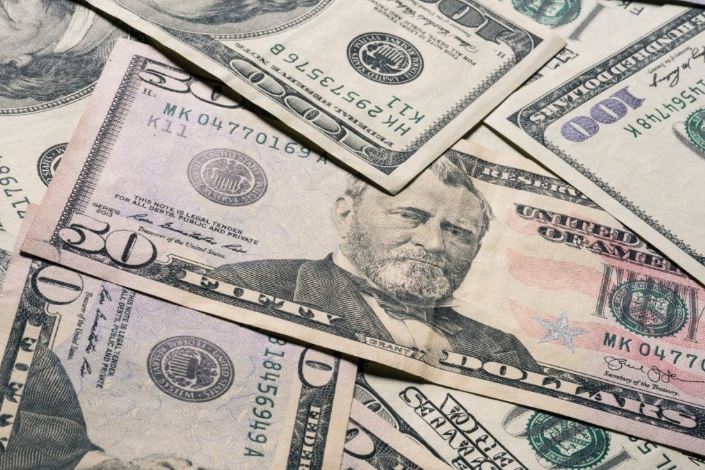
Bail allows many people to get out of jail while they wait for their hearing. Not only does this make it easier on your loved one and your entire family, but bail provides the necessary time needed to craft a good defense. If your loved one has been arrested, and you are at a loss, check out these four bail bond terms to know.
1. Bond Premium
When you take out a bail bond, the bail agent is taking all the risk. In order to ensure they make money, they have to charge for their services. In exchange for paying the bail and doing the paperwork to get you released, you pay a small fee of usually 10 percent for state bonds. Federal bonds, however, may cost closer to 15 percent.
If the bail is below $1,000, you may have to only pay a flat rate of $100. After your loved one has attended all their hearings and been found guilty or innocent, the bail amount will be returned to you in full except for the bond premium.
2. Bail Conditions
Bail conditions are often set by the courts. For example, if your loved one was arrested for breaking and entering while they were drunk, the court may order them to stop drinking or attend Alcoholics Anonymous meetings. If they neglect to comply with these bail conditions, the court may revoke the bail. When this happens, the courts may no longer trust them enough to allow bail.
In addition, the bail bond agent may also set certain conditions to ensure your loved one will attend court hearings. This may include not allowing them to leave the state for fear they may run. Failure to follow these conditions may result in fines and fees with the bail agent.
3. Collateral
Collateral is often used in loan settings to guarantee the lender will recoup their money. Collateral is also commonly used when taking out a bail bond, but it needs to be worth enough to cover the total loan amount, which may mean using your home as collateral. Collateral protects lenders because if you don't repay, you forfeit the collateral. In other words, the lender can take it and sell it to recoup their loss.
In the event of a bail bond, this often happens when your loved one fails to show up to hearings. Regardless of whether they are found guilty or not, collateral is returned as long as you and your loved one follow all the rules.
4. Indemnitor
In many cases, an arrested individual can't take out a bail bond on their own. They may have poor credit or no collateral. In this case, they may need an indemnitor. An indemnitor serves as the co-signer to a bail bond, and being an indemnitor comes with a few duties. If you choose to become an indemnitor, you need to be aware of your responsibilities and risks.
First, you must ensure your loved one will appear in court. If they don't, you may be responsible for paying for a bounty hunter to track them down. Second, if your loved one runs, and no one can find them, the bail bond agent is out of a lot of money. However, any indemnitor is also responsible for the debt, so you may be responsible to cover their loss.
A bail bond is a great way to pay for your loved one to get out of jail. As long as they comply with the court and attend all hearings, the money is returned, minus the bond premium you must pay. For more information, contact us at Matt McKeehan Bail Bonds today.
